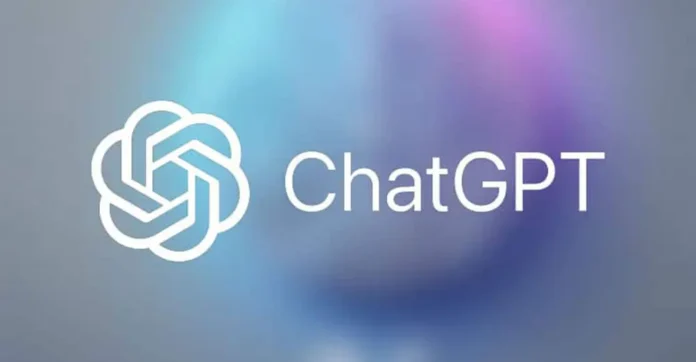
ChatGPT, OpenAI’s widely-used AI chatbot, experienced a significant global outage on Thursday, leaving millions of users unable to access the service for over three hours. The outage also disrupted other OpenAI platforms, including its API and Sora video generation tools. The disruption occurred shortly after OpenAI announced an expansion of ChatGPT’s integration capabilities with Apple devices such as iPhones, iPads, and Macs. OpenAI promptly addressed the issue, fixing the bug that caused the downtime and restoring services. However, the root cause of the outage remains unclear.
OpenAI acknowledged the outage through a post on X, formerly known as Twitter, stating, “ChatGPT, API, and Sora were down today but we’ve recovered.” The incident affected users across multiple regions, highlighting the heavy reliance on OpenAI’s tools for various applications, ranging from business to education and creative content generation.
The outage comes at a time when OpenAI is actively expanding its ecosystem. The recent integration of ChatGPT with Apple devices is aimed at making AI tools more accessible and user-friendly, leveraging Apple’s hardware ecosystem to enhance functionality. Despite this setback, OpenAI’s swift response in resolving the issue underscored its commitment to maintaining service reliability for its users.
Interestingly, the disruptions coincided with a separate outage that affected Meta’s popular platforms, WhatsApp and Facebook. While no direct connection has been established between the two incidents, the simultaneous occurrences underscore the challenges of maintaining uninterrupted services for platforms with massive global user bases.
OpenAI has been consistently enhancing ChatGPT’s capabilities since its launch, with features like GPT-4 integration and multimodal functionalities, enabling the chatbot to handle images and text inputs. The company also rolled out subscription plans, such as ChatGPT Plus, to provide premium features and priority access during peak usage. As AI tools become increasingly integral to daily activities, even brief outages can have widespread implications.
The disruption has raised questions about the reliability and scalability of AI infrastructure, especially as demand continues to grow exponentially. OpenAI’s services are used not only by individual users but also by businesses and developers who rely on its API for integrating advanced AI functionalities into their applications. A prolonged outage could potentially disrupt workflows, highlighting the importance of robust backup systems and rapid incident response mechanisms.
Despite the inconvenience caused by the downtime, OpenAI’s quick recovery effort demonstrated its preparedness in managing unexpected disruptions. Users worldwide have since regained access to ChatGPT and other OpenAI services, resuming their reliance on the tools for tasks such as content creation, programming assistance, and problem-solving.
As OpenAI continues to innovate and expand its offerings, the incident serves as a reminder of the challenges in operating at such a large scale. It also underscores the need for continuous improvements in system resilience and transparency to maintain user trust in an increasingly AI-driven world.





